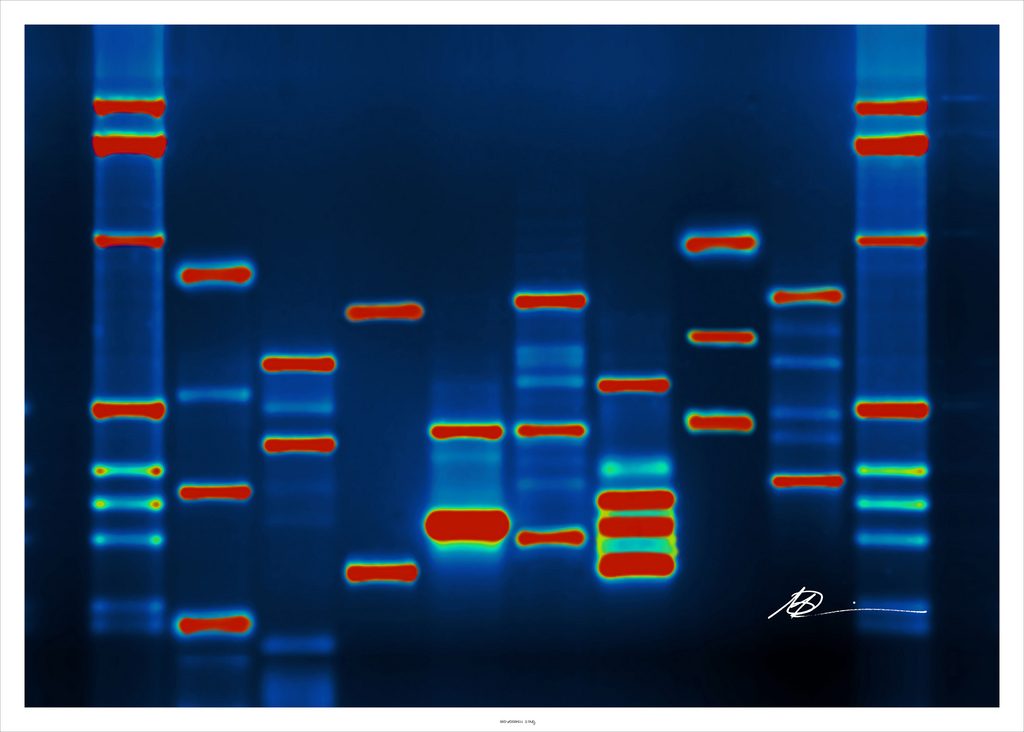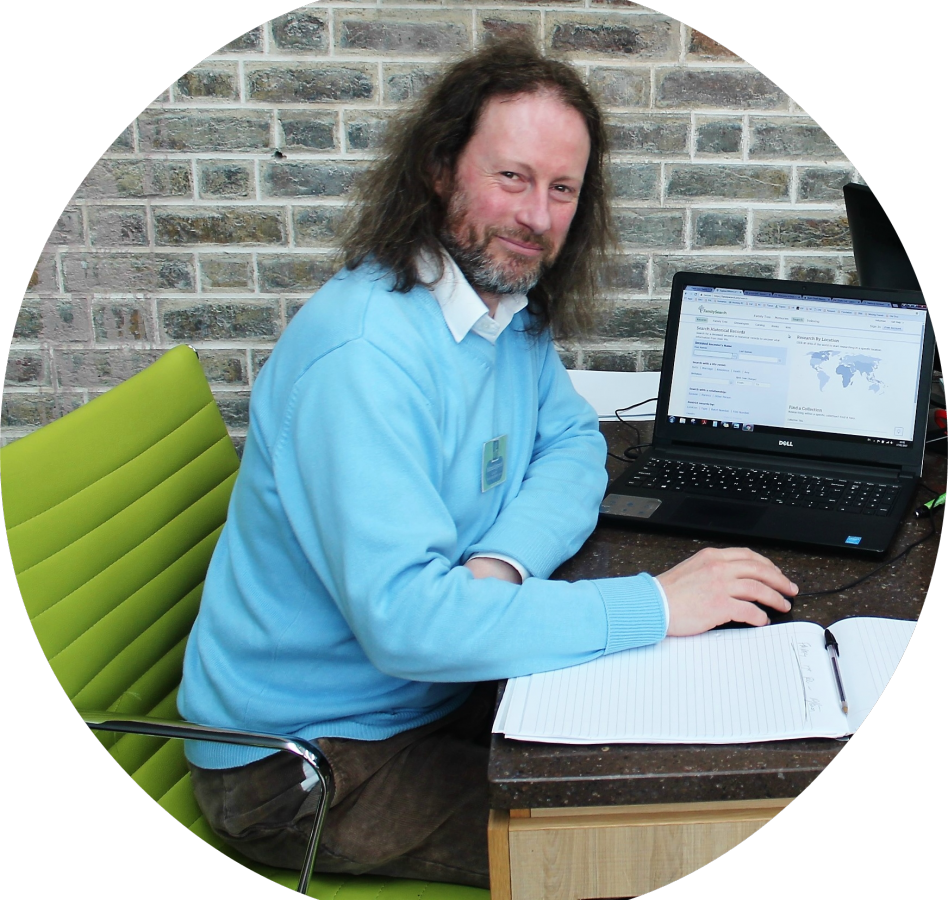
Getting to talk to the public is one of the pleasures of working at the Irish Family History Centre (CHQ Building, Dublin City, Ireland). And though we, the staff, are there to help customers with their genealogy, some of the things we hear from customers can genuinely take us aback. One such story, involved one US customer – we’ll call him “John” – who arrived in during November 2017, and what he had found out after taking an autosomal DNA test the previous year.
Autosomal DNA is one of the three types of DNA that tell about a person’s ancestry [the other two types being Y-DNA, for the men only, and mitochondrial DNA, for both men and women]. Autosomal DNA is the most immediately useful for genealogy purposes because it can be used to find living descendants of ancestors going back five generations on both your mother’s and your father’s lines – so, all potential living descendants of your maternal and paternal GGGGrandparents. And the results of the autosomal DNA test usually come with an estimate, made by the testing company, of the ‘genetic distance’ between you and every person who matches up with you on the database in question. Thus, you will get a rough genealogical estimate of who the matched person is, e.g. “second cousin”, “between 2nd and 4th cousin”, “between 3rd and 5th cousin”, etc. However, if you match very closely, the test can tell you if you have matched with a very close relation, e.g., “father”, “mother”, “sibling”.
And this is what had happened to John.
John was a youthful middle-age and took life very philosophically. Talking to him clearly indicated that he was not fazed by much. And as he told his DNA story, he mentioned, with all the casualness of small talk about yesterday’s weather, that the results of his autosomal DNA test had immediately revealed that he had two half-siblings that the family had not known of. But that wasn’t all. Over the ensuing months (as more matches were made by the testing company), two more half-siblings showed up! His DNA results had found not one but four half-brothers and sisters that had been born as the result of his father “getting about a bit”, all while a married man and with a nuclear family of his own.
This was amazing to hear – John himself was quite unfazed and held absolutely no grudges against his now-deceased father. In fact, he was keen to contact his new half- brothers and sisters, despite other family members being stunned by the revelations and the all-too-obvious implications.
DNA can throw curve balls into family history. Very few people could take, let alone embrace so calmly, such momentous news as John had received. How would you take such news if it happened to you?
By Patrick Roycroft
